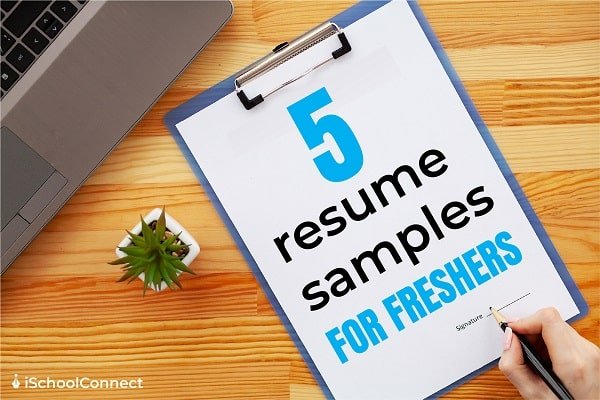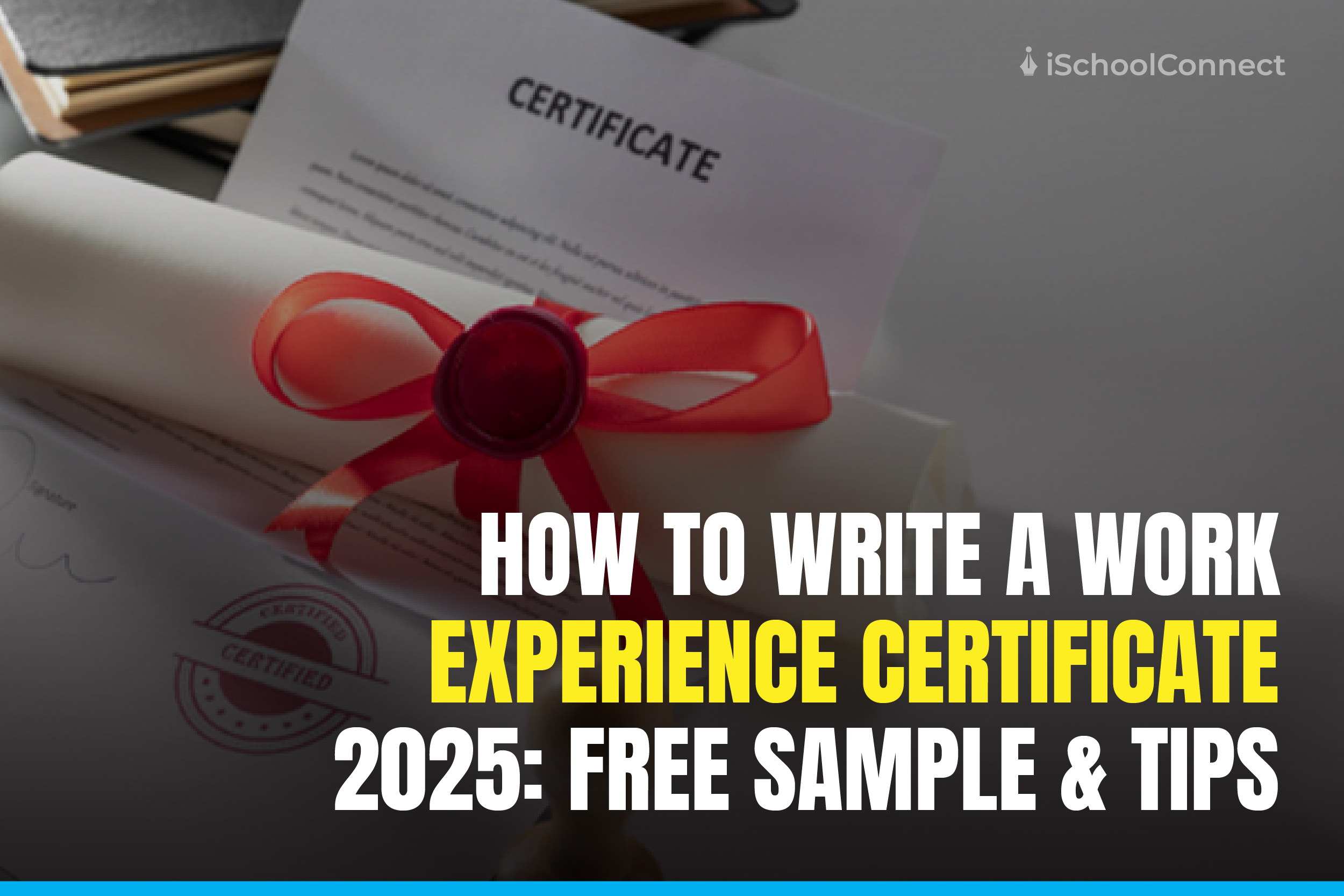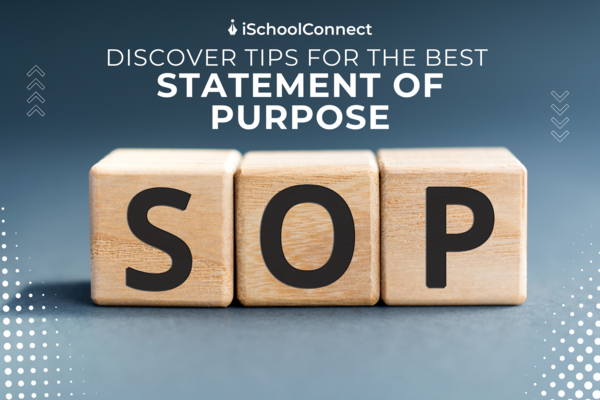Table of Contents
You need to highlight many components as a fresher in your resume. While educational qualification is often the most important of all, there are a few other things that a recruiter looks for in a fresher’s resume. Therefore, have a look at these resume samples for freshers and create one that stands out. Let’s begin with the basics!
What is a resume?

Before getting into the sample resumes, you need to understand what a resume is. It is an official document that is created by a job applicant for a specific job role. This document contains a list of things such as:
- Work experience
- Educational qualifications
- Professional competencies
- Skills of the applicant, and more!
One of the defining characteristics of a resume is that a candidate can have many resumes. This is because a resume is generally tailored to a specific job role that the candidate is applying for, as you will see in the resume samples for freshers provided later on.
Difference between a resume, curriculum vitae, and biodata
| Resume | Curriculum Vitae (CV) | Biodata |
| A resume originates from a French word that means “summary.” | Curriculum Vitae originates from a Latin word that means “course of life” | Biodata is the short form for biographical data. |
| A resume is always targeted to meet the requirements of a single job description. | A CV contains all the details of work experiences, educational qualifications, and any other achievements of the candidate to date. | A biodata emphasizes on personal information and contact details of the candidate. |
| A resume is usually no more than one A4 paper in length. | A CV can go up to several pages in length as it is the total record of a candidate’s achievements. | A biodata has no specific length, as it depends on what the document will be used for (employment/admission/marriage). |
Key elements in a sample resume for freshers
While the differences between a resume, a CV, and a biodata may be clear to you, it is important to know about the several elements/sections you need to have in your resume. These include:
- Name and contact information: A resume without the candidate’s name and contact information in the header is pointless. Hence, this is the first element that you need to include in your resume.
- About/Career Objective/Summary: This element is a line or two talking about you and your short-term and long-term career objectives. This is also a place where you have the opportunity to use your flair for writing to try and impress the recruiter.
- Skills or competencies: In this section, you need to mention all the relevant skills and competencies you have gathered from your previous work experience (or even internships, for that matter).
- Work experience: If you are an experienced professional, then this is the section where you need to mention your work experience in detail. However, if you are a fresher, then mentioning any internships here will give you an edge.
- Language proficiency, Extracurricular activities, and other information: While this element may not be present in many sample resume formats for freshers, it would do you good to add some relevant information here.
Types of resume format for freshers
Now that you have a clear understanding of the key elements of a resume, you need to acquaint yourself with the different types of resume formats for freshers.
#1. Reverse-chronological format
This is possibly the most popular resume format as it is used internationally by a majority of college freshers when applying for their first job.
It is known as the reverse-chronological format because it lists your work experiences and educational qualifications in reverse order. This means that your latest experience and qualification will be at the top of the list, followed by your older experiences and qualifications. You will find many resume samples for freshers in this format.
For example, a sample resume, when written in reverse-chronological order, could look something like this-
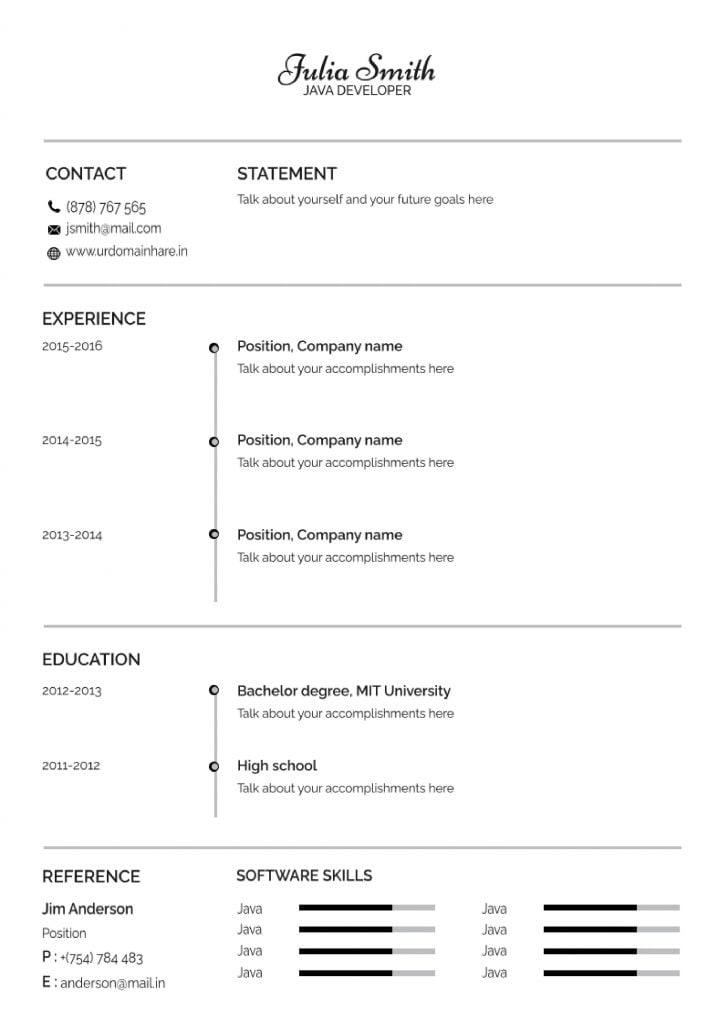
Effectiveness of the Reverse-Chronological format
One of the biggest advantages of this resume format for freshers is that it is widely accepted across all industries. It is clear and concise, making it easy to skim through. Besides, it also provides the recruiter with a clear overview of the chronology of your professional career.
However, freshers may not prefer this format because, with a lack of work experience, this format has been accused of making a fresher’s resume look unattractive. It also makes any gaps in the candidate’s career glaringly evident to the recruiter.
#2. Functional format
This resume focuses on the skills as per the position you have applied to. If you do not have much work experience, you can go with creating a functional format resume. As a result, the functional format is the most preferred resume format by freshers.
If you would like to know everything that such a resume includes, then take a look at this resume sample:
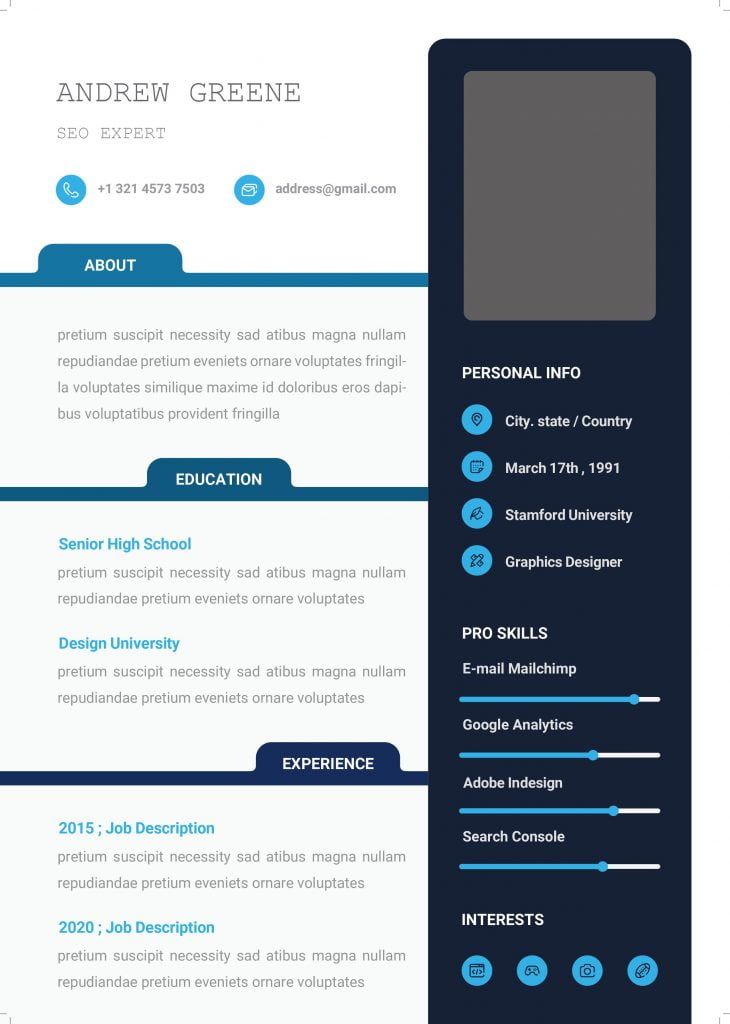
Effectiveness of the Functional format
This resume focuses on the skills and competencies learned in college. This format can also prove beneficial for an experienced professional looking for a career change. However, most recruiters are not very familiar with the functional format. Moreover, such functional resume samples for freshers are not highly recognizable in an automated Applicant Tracking System (ATS).
Best resume samples for freshers
After understanding the two main types of resumes for freshers, you might begin to appreciate the importance of a resume and the hard work that goes into creating a successful one. If you want to craft the perfect resume, refer to some of these best resume samples for freshers. The work experience section can contain the internships if you have done any.
What’s next?
With an in-depth understanding of all the aspects related to a resume, you can now apply to your dream company with a well-crafted resume. However, you must remember to refer to the sample resumes for freshers whenever crafting one for each job role.
If you have more questions about creating a perfect resume/profile, contact us!
Liked this blog? Then read 11 top medical universities in Russia!
FAQs
Q1. Which type of resume is best for freshers?
Answer- The reverse-chronological resume format is one of the best formats for freshers because many industries accept this format of resume.
Q2. How do you end a resume?
Answer- The best way to end a resume would be by writing – “Thank you for taking the time to go over my resume. I am certain that I can provide value to your business, and I am eager for the opportunity to explore how my expertise and abilities might help your firm succeed”.
Q3. Do I need a resume for college?
Answer- Most colleges do not require a resume but ask for a biodata or CV. This is because a resume is specifically created to apply to jobs.
